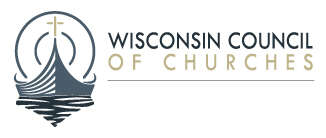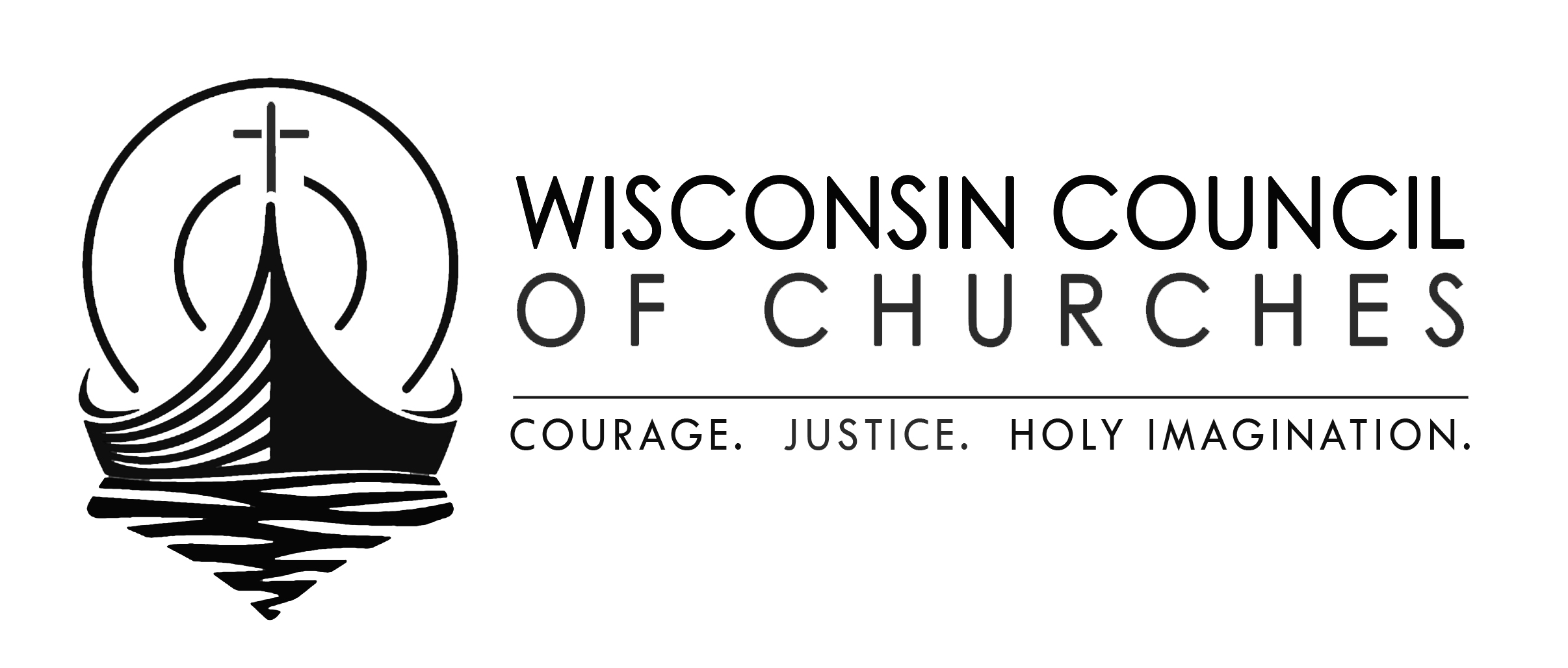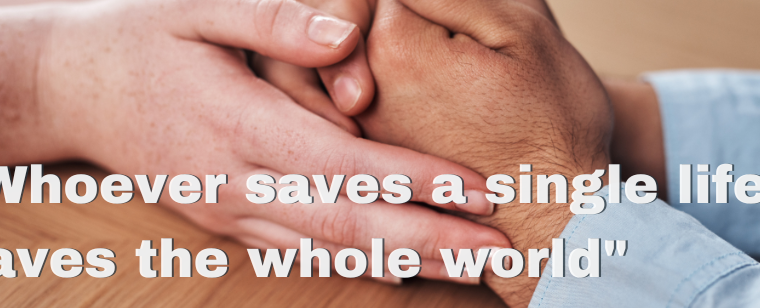Healthy People, Healthy Church, Healthy Community
This one goes out to the preachers
Being healthy as individuals and as a community involves, among other things, making the choice to stay connected. Pastors and other leaders who shape vision should work to develop imagination for connection now.
It’s tempting to file a thesis statement like that under “Duh, obviously.” But allow me to explain!
Theology of Health
I’ve been kicking around lately for a theology of health. It’s necessary to ground the ongoing work of the Community Health Program. I’ve found at least the start of it in an address by Rowan Williams, the former Archbishop of Canterbury.
Healing stories in scripture almost always involve two things, says Williams. There’s overcoming alienation and being returned to community. People in ill-health might be alienated from God—that’s the model of illness being caused by sin. They might be excluded from their society, such as lepers suffering from a skin disease.
Or they may not be able to fully participate in society: think individuals suffering from blindness or paralysis. Then as now, that includes making a living for themselves. But whatever the form, God continues to take the initiative to make people whole, providing the material resources, wisdom, and sometimes miraculous intervention necessary for healing. Again, Williams stresses, this involves connection. Healing is always healing for community, even if only community with God.
Why not get the shot?
I’ve also been wondering what motivates individuals to refuse COVID vaccination. Why would you not do something that so obviously (to me, anyway) protects yourself and others?
We know a lot more about this than we did in 2021, when vaccines were first introduced. The bulk of the vaccine hesitant and resistant fall into a few groups. Some people aren’t convinced vaccines are safe. Others don’t see the need for them. Some need a long time and individual attention to make up their minds.
But some people just won’t do it for the sheer, oppositional hell of it. (Excuse my French.) Why is that?
According to Paul Bloom, some people want to see themself as an “authentic and autonomous being.” That drive is so important to them that they will make seemingly irrational decisions just to prove that they can. “A person can ask: If I only do what makes sense, what use am I? Why is my consciousness relevant at all? The desire to exercise your autonomy might motivate you to turn against the expected, the reasonable, and the moral—to show yourself, and perhaps others, that you are free.”
This matches what we’ve seen of refusal in the COVID era. At least some resistance to vaccination stems from the desire to be authentic. That usually means being part of a group opposed to vaccines. And some of it comes from wanting to be autonomous by not allowing medical or public health authorities tell you what to do.
Put things another way. People like this don’t buy into the basic public health premise that health means health for all. They would prefer to remain alienated rather than concede responsibility to community. They might not see the connection between their health and the health of others. Or they don’t understand themselves to be connected in the first place.
We’ve also learned that reacting in shock and horror to this oppositional behavior doesn’t work very well. In fact, it tends to make people dig their heels in deeper. The judgment poor choices receive only reinforces the perception of opposition. We make our own enemies, in other words.
Imagination for community
The antidote is to help people understand themselves as part of a broader community. Don’t fall into the common preacher’s trap of simply proclaiming those connections. They have to imagine the community for themselves.
My colleague Libby Howe has some suggestions for doing this:
- Tell stories of where community is happening. Invite people into seeing themselves as part of it.
- Ask members who are very involved in their local community to imagine their congregation as the kid left out on the playground. How they could they be invited to be a part of the community? Turn things around so that the community, rather than the church, sets the terms of engagement.
- Create and practice a culture of engagement. Share community announcements. Celebrate those who are connecting with the community. Hold a pop-up lunch at a local gathering point.
- Move from a mindset of responding to need into one of partnering to make the community a better place for all.
This is long-range work. It takes time to build community imagination in a congregation. Some churches may never get hold of the idea.
But there will be another pandemic, or another catastrophe. Partisan division seems like it’s here for awhile. Nurturing imagination for community connection helps to overcome alienation in the present. It also builds stronger, healthier, more resilient community better able to survive and respond to the next crisis.





